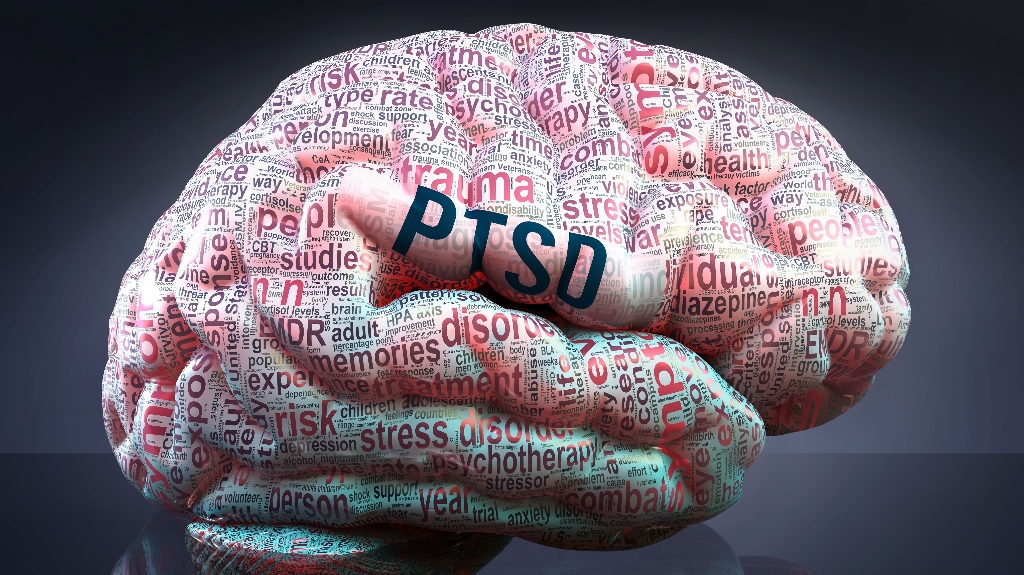
Post-traumatic stress disorder (PTSD) is a traumatic mental health condition impacting approximately 23 percent of U.S. veterans, according to the VA. Each veteran’s experience with PTSD is unique, but for most veterans with the condition, it is one that will follow them for the rest of their lives.
Although combat veterans and others who have served in stressful and traumatic situations are at risk of PTSD, this is not the only traumatic disorder that a veteran might develop and suffer from. Nor is it the only mental health condition that can support a VA disability claim. This knowledge can give hope to those veterans who are suffering from a mental condition that is impacting their lives but who have not been diagnosed with PTSD.
Common Symptoms of PTSD
Not everyone who has PTSD will experience all of the symptoms of this condition, or experience all symptoms equally. Some of the more frequently encountered signs of PTSD include:
- Involuntarily recalling the traumatic experience or having nightmares
- Isolation or avoiding situations that remind you of the traumatic event
- Persistent negative thoughts and feelings
- Feeling on edge or always tense
Just as each person’s experience of PTSD is unique, so too is their treatment plan. PTSD is commonly treated with therapy, medication, or some combination of the two. The goal of treatment is to lessen the severity of symptoms and their impact on your daily life.
Other Conditions That Can Cause Similar Symptoms
If your medical professional has told you that you do not have PTSD but you are experiencing symptoms that are similar to those listed above, ask your provider if you might have:
- Acute stress disorder, which has many of the same symptoms of PTSD but develops within the first month following exposure to a traumatic event
- Adjustment disorders, which can leave you with feelings of hopelessness, suicidal thoughts, or impulsiveness as you struggle to adapt following a stressful event
- Personality disorders, characterized by unusual and rigid thought and behavior patterns
- Dissociative disorders, leading to a feeling of being disconnected from the world
You might also have an anxiety disorder or a depressive disorder. Anxiety disorders make you feel anxious, on edge, and fearful. Depressive disorders, on the other hand, can leave you feeling withdrawn, hopeless, and suicidal.
Talk with Your Doctor and a Trained VA Disability Lawyer
Any feelings or thoughts you are experiencing that interfere with your daily life should warrant a trip to your doctor. Once an Accurate diagnosis is obtained, you can begin receiving treatment to help you manage your symptoms. It is important to remember that no matter how you feel right now, these feelings are not permanent and there is hope through appropriate treatment options.
No matter what mental health condition you might have, if it is connected to your military service and affects your ability to care for yourself or work a job, you could be entitled to VA disability benefits. To discuss your situation and potential benefits, dial (800) 342-2727 to talk with Centronzio Law. You can also contact us through our website.
